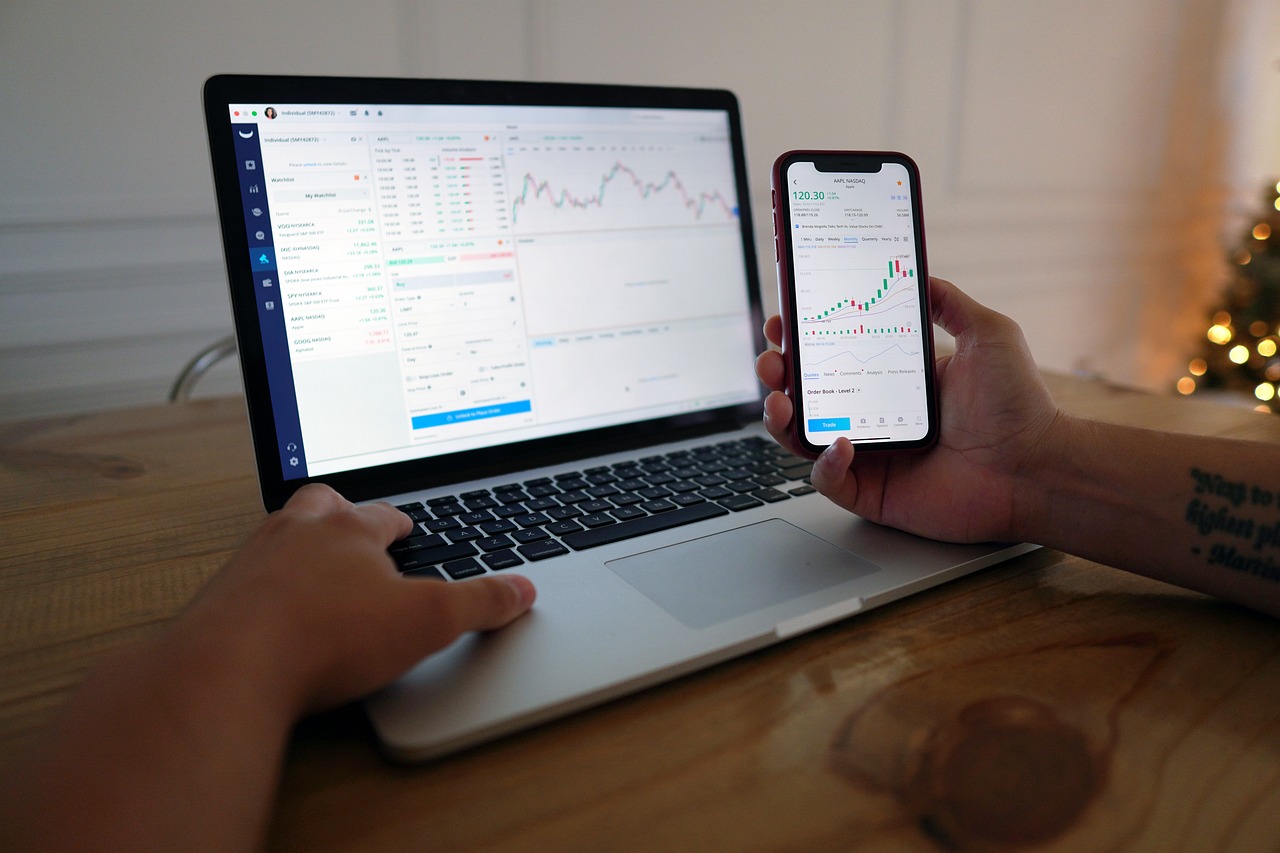*Sed ut perspiciatis unde omnis iste natus error sit voluptatem accusantium

MetaTrader 4 (MT4) and WebTrader are two popular trading platforms, each serving traders with unique needs. While MT4 is a downloadable application known for its powerful features and user-friendly design, WebTrader is a browser-based platform that offers flexibility by allowing traders to access their accounts from any device with internet access. This article explores the main differences between MT4 and WebTrader to help traders choose the platform that suits them best.
1. Platform Type and Accessibility
- MT4: MT4 is a desktop-based platform available as software for download on Windows, Mac, and mobile devices. It requires installation and is typically favored by traders who prefer a dedicated application with high stability and performance. With a downloadable app, MT4 provides a stable and responsive environment, ideal for quick executions and intensive analysis.
- WebTrader: WebTrader, on the other hand, is accessible directly from a web browser, eliminating the need for software downloads. It works on any device connected to the internet, making it especially convenient for those who need to trade on the go or access accounts from different computers. This flexibility is ideal for travelers or traders who prefer not to depend on a single device.
2. Trading Features and Tools
- MT4: Known for its sophisticated tools, MT4 offers robust charting options, technical indicators, and various timeframes, making it highly appealing to technical traders. MT4 also supports automated trading through Expert Advisors (EAs), which enable traders to implement algorithmic trading strategies. Customizable indicators and tools, combined with the MQL4 programming language, give traders control over strategies and analysis.
- WebTrader: WebTrader, while comprehensive, generally offers fewer advanced tools compared to MT4. It provides essential indicators, charting options, and some technical analysis tools, but lacks the deep customization and automated trading features available in MT4. For traders who focus on manual analysis and prefer simplicity, WebTrader is sufficient; however, it may not meet the needs of those looking for extensive, custom setups.
3. Execution Speed and Stability
- MT4: Because MT4 is a downloaded application, it tends to offer faster execution and greater stability, especially on high-speed internet connections. The platform is optimized for local operation, meaning that traders are less likely to experience delays or performance issues due to server load or internet speed fluctuations. This makes MT4 a reliable option for day traders and scalpers who require rapid, high-frequency trading.
- WebTrader: WebTrader’s performance depends largely on internet connectivity and server capacity. While it provides reliable performance for many traders, WebTrader may experience slight delays due to its browser-based nature, especially during peak trading hours or on slow connections. For long-term and swing traders, this difference may be less noticeable, but for those who require high-speed execution, MT4’s desktop application may be more suitable.
4. Customization and Flexibility
- MT4: One of MT4’s biggest advantages is its high level of customization. Traders can install custom indicators, build scripts, and even write their own trading algorithms using MQL4. This flexibility is invaluable for experienced traders who want a fully personalized experience or who rely on specific tools that aren’t available in default settings.
- WebTrader: WebTrader, in contrast, offers a more standardized experience with fewer customization options. While traders can set up their workspaces and use some popular indicators, the platform does not support custom scripts or automated trading strategies. This simplicity appeals to beginners and traders who prefer straightforward setups, but limits flexibility for advanced traders.
5. Security and Reliability
- MT4: Since MT4 is downloaded and run on the trader’s own computer, it offers an added layer of security and control. Traders only need to rely on their device’s connection and can implement additional security measures like VPNs and antivirus software.
- WebTrader: As a web-based platform, WebTrader benefits from the broker’s centralized security protocols but requires internet access. Traders don’t have to worry about local installations, but must ensure they log in from secure devices and connections to avoid security risks.
Conclusion
Both MT4 and WebTrader have distinct advantages and cater to different trading styles. MT4’s rich set of features, customization options, and automated trading support make it ideal for traders who need advanced tools and prefer working from a single, dedicated device. WebTrader, however, shines in its flexibility and accessibility, making it a convenient choice for those who trade from multiple devices or prioritize simplicity over advanced customization.
Ultimately, the choice between MT4 and WebTrader depends on the trader’s preferences, experience, and trading style. For advanced strategies and a deep analytical toolkit, MT4 is a strong choice, while WebTrader is best for traders who value convenience and accessibility.
Share :
